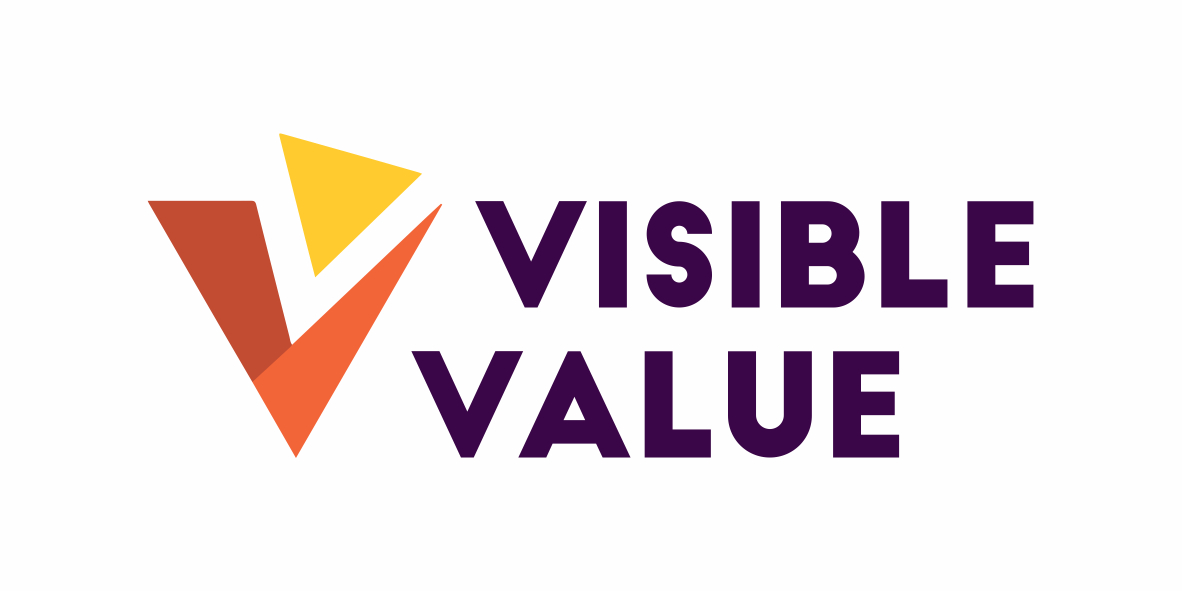Country Snapshots: Recognition of Youth Work
This section of the Visible Value aims to provide a quick overview of the state of the affairs about the recognition of youth work in the countries covered by EU-CoE Youth Partnership. In total it covers 53 country profiles (including 3 profiles for Belgium and 4 profiles for the UK).
The content in this section is based on several sources, including:
- Country reports on youth work collected by EKCYP correspondents: https://pjp-eu.coe.int/en/web/youth-partnership/country-information-youth-work
- EU Youth Wiki - an online platform presenting information on European countries' youth policies: https://national-policies.eacea.ec.europa.eu/youthwiki
- Forthcoming national contributions of the Non-programme countries to EU Youth Wiki
- An additional survey done by the editors of the Visible Value in 2021
The sources of information are indicated at the end of each profile.

The National Youth Strategy (2016) describes the role of youth work that is to provide support to young people during a specific development period of becoming autonomous and their transition to adulthood, as well as to assist their personal and social development, contribute to the fulfilment of their potentials, so that young people’s voice could be heard, that they can make an influence and have their place within communities/society. Starting to live on their own has become extremely difficult for young people and they are quite often forced to start their families in multigenerational and quite frequently inadequate residential communities. Young people should be provided with direct support from institutions of the system through concrete and evenly available measures and incentives, which would enable them to start living independently and autonomously.
The Strategy furthermore elaborates modalities of youth work implementation by stating that youth work is being implemented within extracurricular activities, within youth clubs, centres, institutions, schools, etc., and contributes to the development of young people into aware, responsible and active members of society, who contribute to the development of the community, show initiative and respect diversity. In close collaboration with the families and other professionals, youth work assists in efforts invested in decreasing youth unemployment, dropping out of school, social exclusion and structured leisure time. In order to fill the gap in the system of support to the development of young people and their transition to adulthood, it is highly important to recognize and professionalize youth work itself.
There is no occupational standard for youth work in Montenegro since it is not a recognized profession by Montenegrin Qualifications Framework. However, the vocation of Youth Activist (equivalent to Youth Leader at the European level) was accredited by the Ministry of Education in March 2017.
In co-operation with the Centre for Vocational Education (Ministry of Education), NGO Forum MNE has been working on the process of recognition of this vocation for three years. Recognition of this vocation should contribute to the professionalisation of youth work and enhance youth services at both national and local levels.
(From the Contribution of Non-programme countries to EU Youth Wiki)

